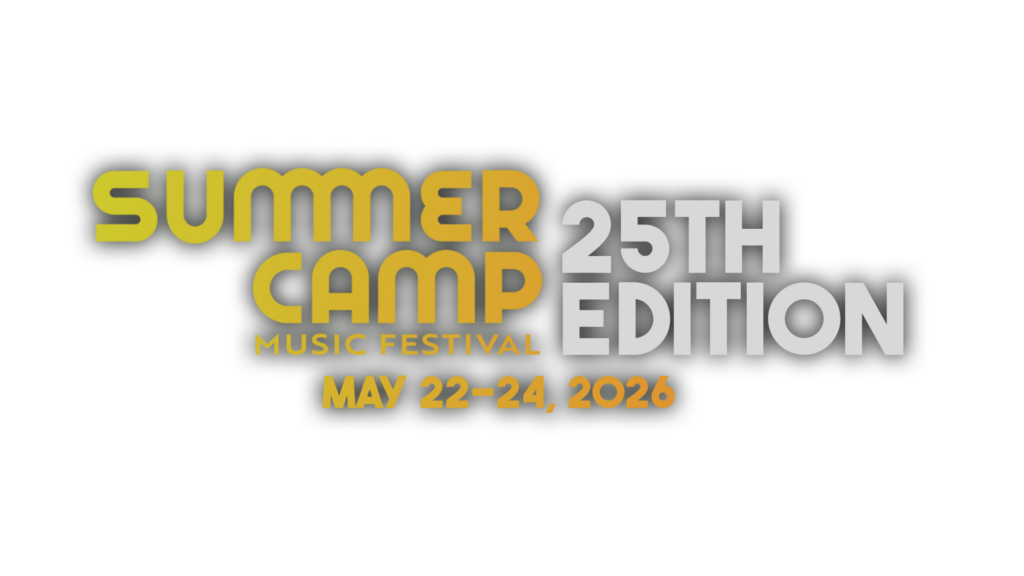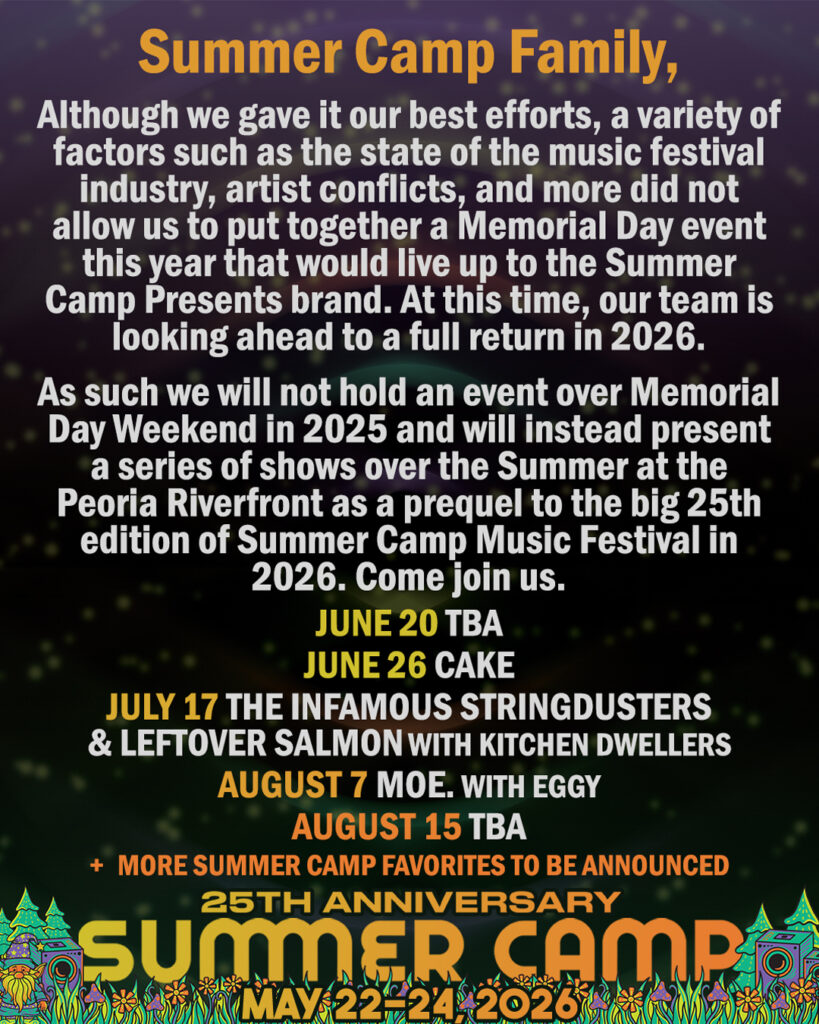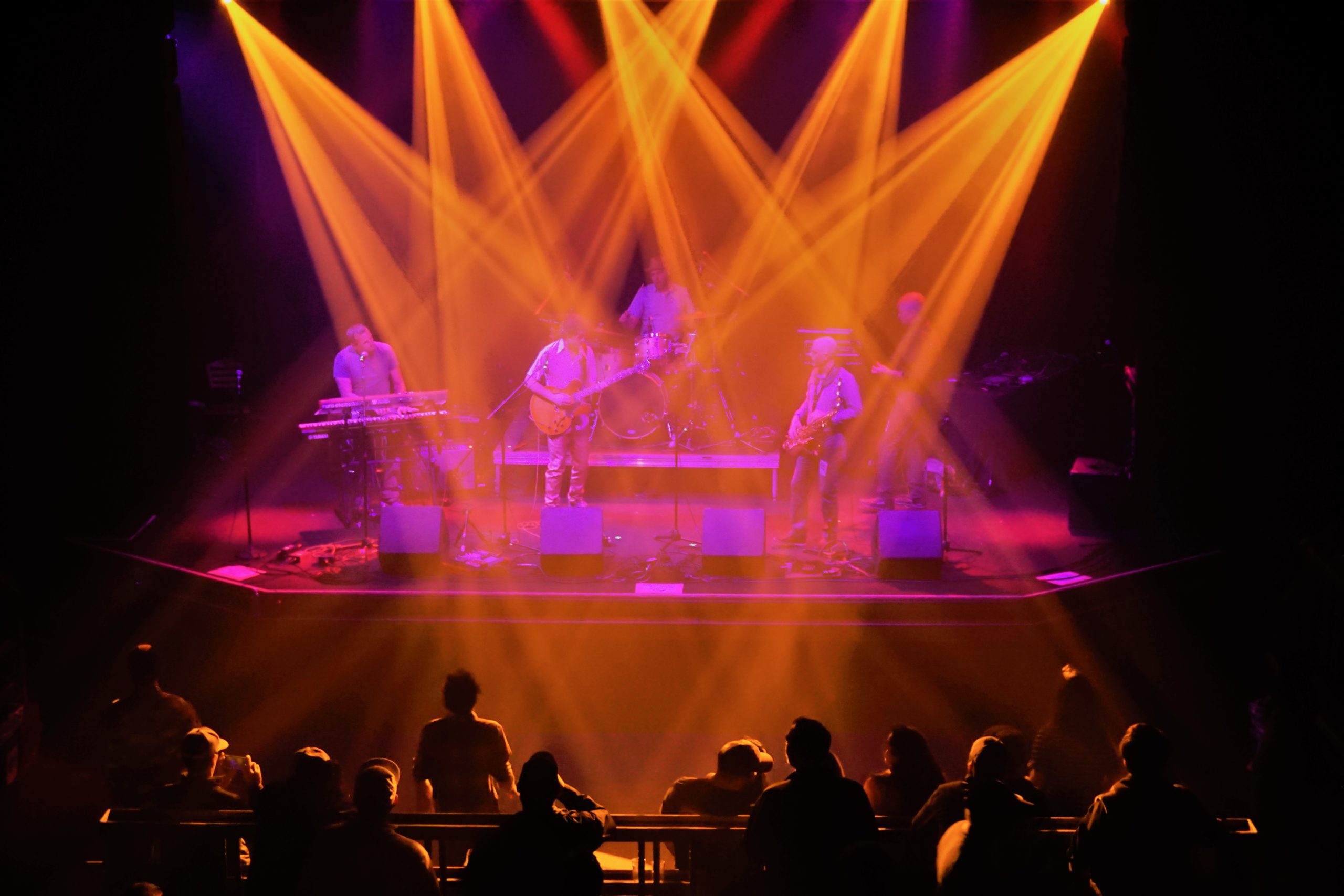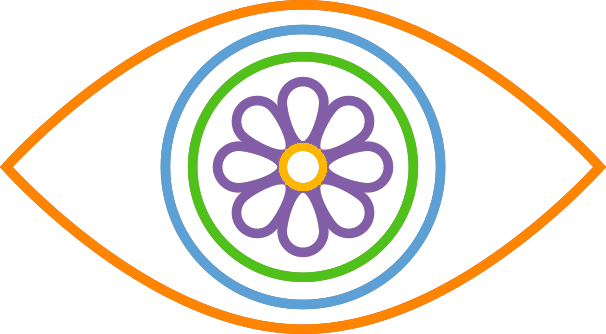(photo credit of Treevalds Productions)
Dance music has always been about expression and acceptance. Starting in the early 80’s, black, latino, and queer communities embraced eachother in big cities, like Chicago, Detroit and New York City, while dancing to electronic music. House music and techno was just beginning to become popular in night clubs in America. No one at the time could imagine how big this genre would grow to be. What they did know is that it made them feel good, and kept the crowd dancing til the early hours of the morning.
But grow it did– into countless different subgenres. Inspiring decade after decade of new artists ready to try their hand at making a new sound for themselves. Unknown to most, myself included, many of the first pioneers of electronic music were women. People like Clara Rockmore, who’s premiere talent on the theremin inspired Robert Moog to better his own circuitry in the Moog synthesizers.
Many of us have heard of Moog synthesizers, but why have we not heard of Clara Rockmore and so many other women who frontiered the great exploration into electronic music? Likely because of the largely different ratio between men and women in the music industry. As much as I’d love to be able to report positive development of that ratio today, I cannot. According to Billboard magazine’s 2019 “Top 100 DJ List”, only five of the “best” DJ’s are women. Of those five, two are Summer Camp alum’s. Both Rezz and Tokimonsta were included on the list, but here at Summer Camp we know there are so many more identifying DJs that deserve to be celebrated.

(photo credit of Treevalds Productions)
For example, the ever talented producers, Maddy O’Neal and Megan Knollhoff, better known as MedusA. Who interestingly enough grew up together as close friends in St. Louis, Missouri. Each took her own path and we are so grateful that that path led them to Summer Camp Music Festival. Maddy brings her funky, hip hop infused groove to shake up the crowd. While Medusa mesmerizes the mind with a blend of trap and jungle terror. They’ve been perfecting their sound for years, going from fans in the crowd to producers on stage. But it hasn’t always been easy:
“Getting people to take you seriously can be really hard for females in bass music. You constantly have to prove yourself, prove your worth, and prove that you have what it takes to “hang with the boys”. This applies not only to gaining new fans, but also when trying to gain the respect of other males in the industry. “She doesn’t make her own music” … “She plays pre recorded sets” … “She’s only on this lineup because she’s a girl” …are phrases that we hear all too often. This affects women’s experience in the music industry because it makes us feel like we have to put 150% into EVERYTHING we do (whether it be making music, playing a show, etc) in order for people to take us seriously. The silver lining is that, in the end, this makes us 10x better at producing, DJing, performing, and executing our craft because we don’t have a choice but to put forth the maximum amount of effort at all times” says Knollhoff.
“I definitely think that being a female puts pressure on myself to perform extra hard and act a certain way. I would show up to certain venues and get ignored by a sound guy because they didn’t expect that I was the DJ, and that’s just based on the fact that they had never dealt with a female DJ. Ignorance based on lack of experience” says O”Neal, “But really what it comes down to is that we just want to be treated as another artist. Respect us as artists. Period. Human to human, artist to artist.”
(video cred. Robert K. Multimedia)
Which led me to question, why is it that we categorize female musicians differently than males? For example, in 2020 a bracket went around online that caused controversy as it encouraged viewers to vote one female producer against another. Knollhoff reflects that “people compare female artists against one another for every reason possible (ie. their looks, their musical integrity, etc), and it makes women subconsciously feel like competitors when in reality, we’re all on the same team”.
Yet, this differential treatment based on gender is so prominent in the music industry that you’ll often hear people preface producer with female. When have we ever heard someone use the phrase “male producer”? Exactly.
The documentary “Underplayed”, a film that focuses on gender discrimination in the music industry and inspired this article, provides key instances of these differences through personal stories of Rezz, Tokimonsta, Alison Wonderland, and more. At one point, an artist states “I would rather be ‘someone’s 20th favorite producer’ than their ‘number 1 favorite female producer’” highlighting just how prevalent and disrespectful statements such as those are.
(trailer for “Underplayed”)
Knollhoff and O’Neal both agree there is no need to precede “female” in front of producer. O’Neal says, “I want to shine light on all the females that are out there doing their thing, and I think it’s important to do that because we are definitely a minority in this industry. But we become isolated into this category as our own “genre” as females, and it shouldn’t be that way”.
That’s why having conversations such as the ones I had with O’Neal and Knollhoff are so important. When we listen and empathize with others, we can begin to make small changes that ultimately result in very big cultural shifts. And as we know, 2020 was chop full of big cultural shifts, especially in the music industry. Knollhoff says, “people are finally starting to realize just how much inequality there is within the music industry. I’m not sure if this is a direct result of male artists being held accountable, but fans are now noticing and calling out the lack of females and POC who are getting recognition on things like Spotify playlists, DJ polls, and festival lineups. I’m happy topics like these are being brought to the forefront because people vocalizing their concerns are imperative in order for change to occur. I think in the next few years we are going to see a lot more diversity and representation of minorities (women and POC) throughout different aspects of the music industry. It will be a long-overdue and a much needed update from the status quo”.
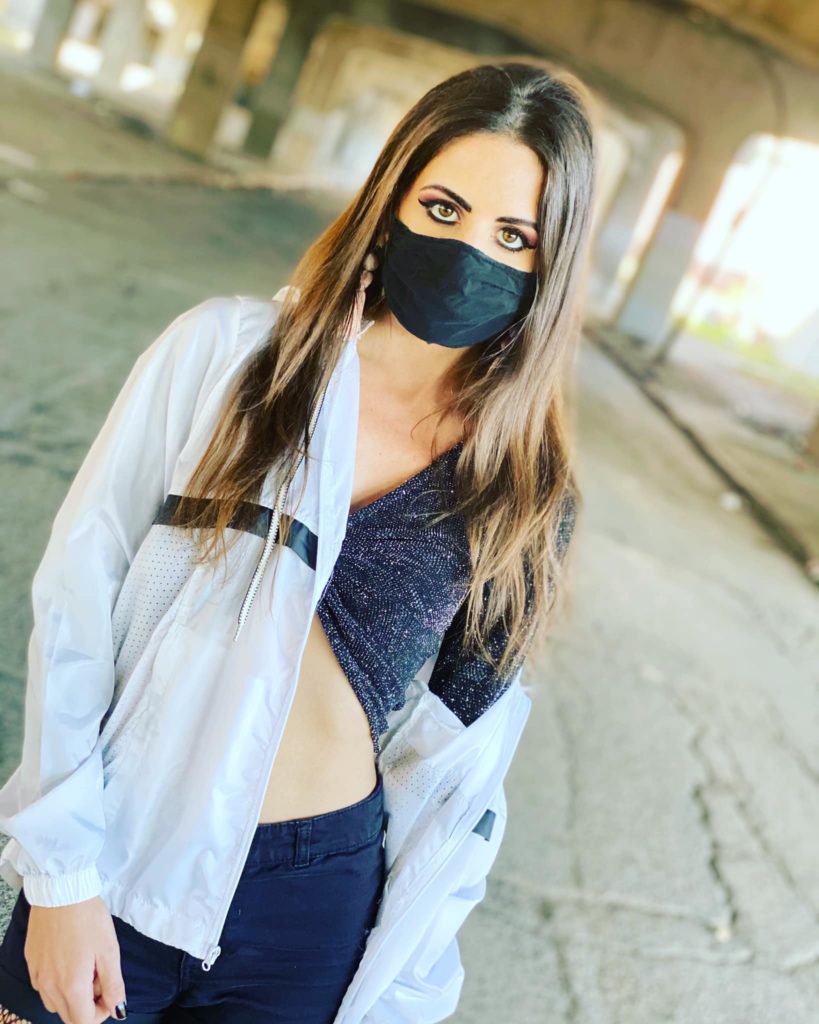
(image courtesy of MedusA on Facebook)
And if you find yourself as one of those individuals who doesn’t see yourself represented in the music industry, these two encourage you to carve your path. O’Neal frequently mentors other budding producers through supportive communication and technical workshops, such as the Shakti Sound retreat for women producers in Costa Rica that she taught at in 2019. She says “I try to hold it down in that space because being a female producer you don’t have as much access to female role models. So I cultivate that as much as I can in my teaching style or if I find a dope producer I provide as much support as I can”.
Knollhoff can be found both on-stage and behind the scenes at an outdoor venue in St. Louis, The Lot. She encourages others because, “I thought that being onstage was the only avenue for me and that I wouldn’t have any interest in management, but I seriously love my job and have discovered a new passion for venue operations that I didn’t previously know existed. Behind-the-scenes jobs are great for spreading your wings and learning new things, as well as networking and expanding your knowledge of everything that goes into throwing a successful show”.
Whether you find your passions, on-stage or off, it’s probable you want something to get down to–after all you are SCampers!! I asked each artist to recommend other underground artists they’re into. O’Neal raved about McWavy, a colleague who blew O’Neal away with her skills on keys and sax, even pairing her music with self-created animated cartoons. While Knollhoff praises her friend Dubqueen, a multifaceted badass DnB and Dubstep artist who helped Knollhoff tune her skills when she first started. I encourage you all to check them out!
And make sure you check out the dope female artists that will be at Summer Camp Music Festival this year! We have the pleasure of bringing CloZee, Whipped Cream, Rezz, Zoska, Maddy O’Neal, and MedusA to the stage. In the mean time, bump this playlist of our favorite ladies.
See you soon SCampers!
